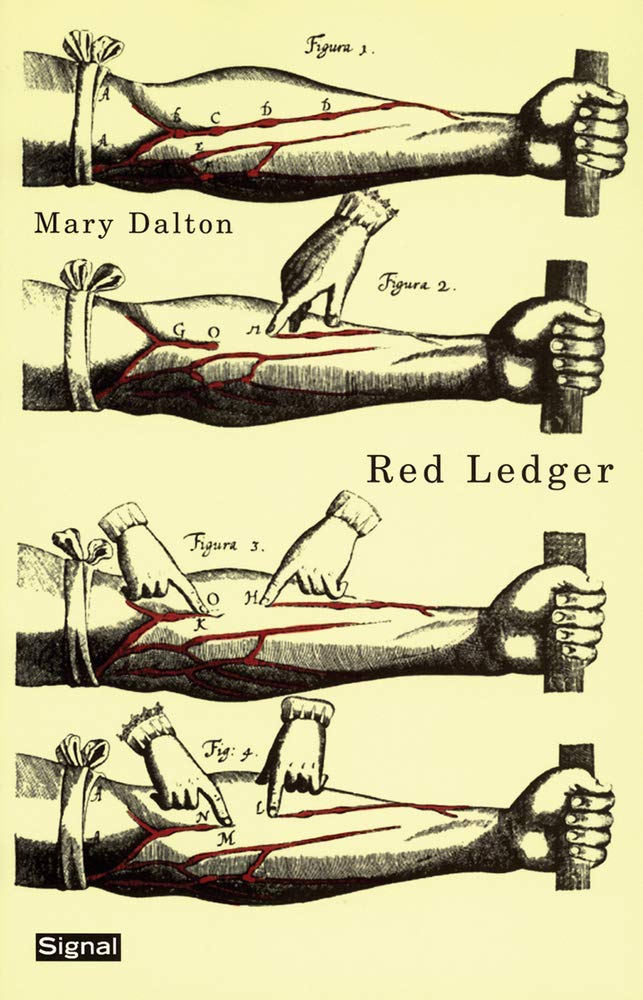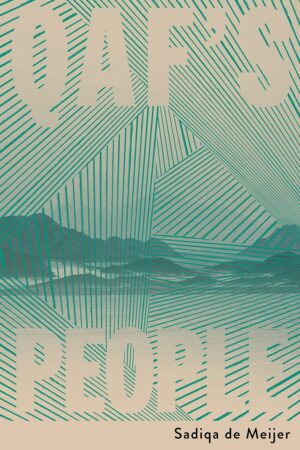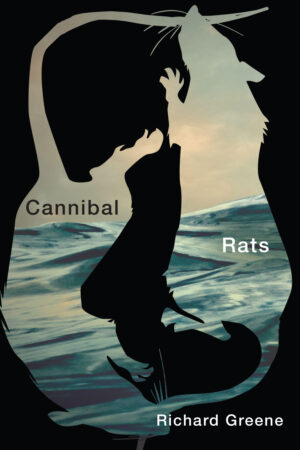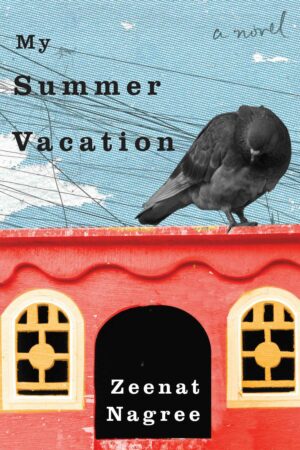Red Ledger
$16.95 CAD
Publication Date: October 1, 2006
80 pages
8.5 x 5.5 Inches
ISBN: 9781550652161
|
Trade Paperback $16.95 CAD |
Red Ledger is Mary Dalton’s fourth book of poems, and follows the success of her highly praised and prize-winning collection Merrybegot. In Red Ledger, Dalton’s wit leaps forward to create yet another series of pressure-packed, tough-minded poems inseparable from their Atlantic source. The immediacy and precision of her diction and the large scope of her thinking evoke an elemental world in ways that recall the oral traditions from which Dalton has often drawn inspiration. Rarely has the formidable Newfoundland character found such authentic expression. Ranging from erotic lyrics to riddles, from parables to social-political meditations, Red Ledger is the work of an exceptional poet who has once again struck out on her own.
Hear Mary read poems from Red Ledger on the Flahoolic podcast: “Leo” & “Ship Inn” and “Cape Spear” & “The Boat”.
Reviews
“Another delight to come my way was Red Ledger, the latest collection of poems by Newfoundland’s Mary Dalton. It’s sensuous, surprisingly lively at times, and sometimes very wonderfully dark; the emotions revealed in these poems taste like atmosphere. Salt, for example, is a recurring metaphor for desire and for the dizzying parade of images that make up the much-loved places (“St. John’s as well as “round the bay”) where the poet lives. These are clear, mature poems by a poet who has been quietly practising her vocation for years while the world somersaults by somewhere offshore.” –Jane Urquhart in the Globe and Mail’s Books of the Year feature for 2006
“An assurance, a distinctive completeness, reminiscent of songs or tales honed for generations in the popular imagination.” –E.J. Pratt Poetry Award jury
“Make no mistake, these poems are beautifully made.” –Globe and Mail
“Folksy, feisty, and possessing a rough irreverence.” –Books in Canada
“The stresses are so strong it’s like eating a sumptuous hearty meal with most every fifteen-liner. The aftereffects are then pensive and satisfying. I’m in awe, and envious, of Dalton’s tone, here: she’s captured an incredible synthesis of sorrow and insouciance.” –Brian Palmu
About the Author
Mary Dalton’s volumes of poetry include Merrybegot, Red Ledger, and Hooking, as well as two prose works: the miscellany Edge and The Vernacular Strain in Newfoundland Poetry, a print version of her 2022 Pratt Lecture. Dalton’s work has been widely anthologized in Canada and abroad. She has won numerous awards, including the E.J. Pratt Poetry Award, and been shortlisted for various others, among them the Pat Lowther Award, the Atlantic Poetry Award, and the Cogswell Award for Excellence in Poetry. She lives in St. John’s, Newfoundland.
Other books by Mary Dalton: Merrybegot, Hooking, Interrobang





